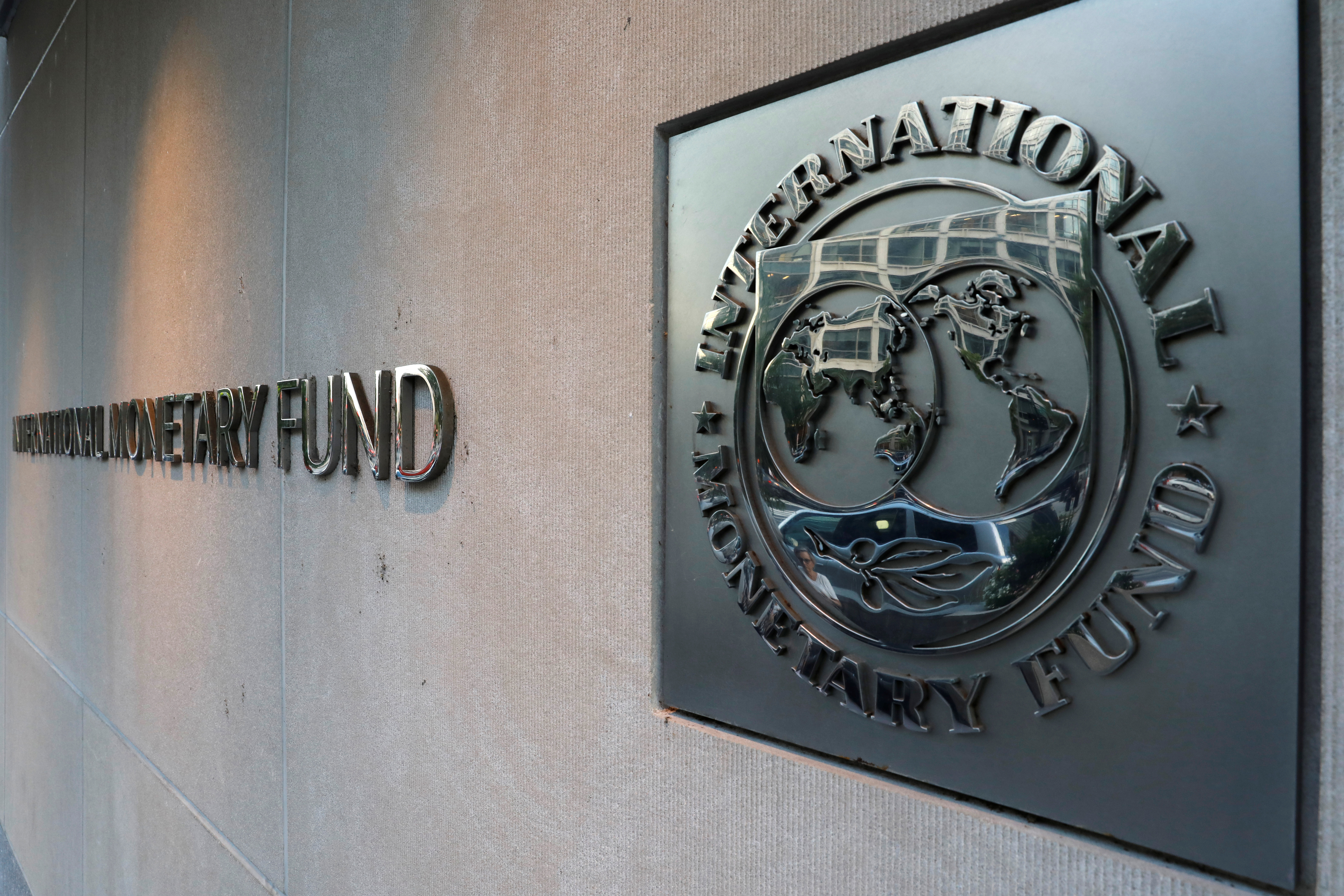Prior to IMF talks, Pakistan’s budget sets a high tax aim.
5.9% of GDP is the fiscal deficit under the tax-heavy budget.
Growth in the economy and inflation targets of 3.6% and 12%
Islamabad wants to obtain between $6 and $8 billion. IMF assistance
Experts warn that taxes may cause inflation.
Reuters, June 12, ISLAMABAD – In its national budget on Wednesday, Pakistan sought to bolster its case for a fresh bailout agreement with the International Monetary Fund (IMF) by announcing a tough tax revenue target of 13 trillion rupees ($46.66 billion) for the year beginning July 1, a nearly 40% increase from the current year.
Analyst expectations were met by the audacious revenue objectives Finance Minister Muhammad Aurangzeb outlined in parliament for the fiscal year ending in June 2025. 18.87 trillion rupees ($68 billion) were spent in total.
Key objectives for the upcoming fiscal year include bringing the public debt-to-GDP ratio to sustainable levels and prioritising improvements in Pakistan’s balance of payments position, the government’s budget document showed.
Pakistan has projected a sharp drop in its fiscal deficit for the new financial year to 5.9% of GDP, from an upwardly revised estimate of 7.4% for the current year.
Pakistan will look to widen the tax base to avoid burdening existing taxpayers to meet its targets, Aurangzeb said.
According to Vaqar Ahmed of the Sustainable Development Policy Institute think tank, “the budget has a significant increase in tax burden this year,” and he added that the current sectors will bear the brunt of this increase due to the sizeable informal economy.
“IMPLATIONARY AFFECT”
“The tax burden will have an inflationary impact as well,” Ahmed stated.
The central bank issued a warning on Monday about potential inflationary impacts of the budget, stating that increasing taxes would be the only way to raise more money due to the lack of progress in structural reforms aimed at expanding the tax base.Mobile phones and products made of leather and textiles will now be subject to an 18% sales tax, according to Aurangzeb. In addition, he declared an increase in the real estate capital gains tax.
Given the government’s declared aim of pushing aggressively to sell loss-making firms, starting with the national airline, analysts were keeping a close eye on the budget for proceeds from privatisation.
However, just 30 billion rupees were expected to be made from the privatisation revenues. Aurangzeb stated that the airline would receive offers in August.
WEAK COALITION
Concerns remain about the government’s ability to pursue reform since it is vulnerable to the quirks of coalition politics in the face of rising public pressure against inflationary reform measures.
The government of Prime Minister Shehbaz Sharif had to convince its largest ally, the Pakistan Peoples Party (PPP), without whom it does not have a parliamentary majority, to attend the budget session, according to local broadcaster Geo News.
Bilawal Bhutto’s PPP said it was not happy with some of the measures taken in the budget, the report said.
Sharif’s government is also faced with the continued popularity of its main opponent, jailed former prime minister Imran Khan, whose party lawmakers protested vociferously as the budget was being presented.
Some of them carried banners calling for the release of Khan, who remains in jail on charges ranging from graft to marrying his wife illegally.
